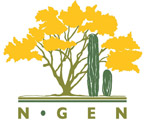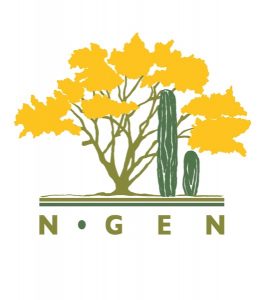Rodrigo F. Renteria Valencia
| Disciplines | Anthropology, Conservation |
|---|---|
| Regions | Central Sonora, Seri, Tohono O’odham |
| Affiliation | . |
| Rodrigo.Renteria@cwu.edu | |
| About | In 2001, after completing my bachelor’s degree in Ethnology at the National School of Anthropology and History in Mexico, I worked in Hermosillo, the capital city of Sonora, at the National Institute of Anthropology and History’s regional center, which allowed me to conduct ethnographic fieldwork among the indigenous societies of the Sonoran desert for a period of six years (2001-2006). In the coasts of the Gulf of California I conducted extensive ethnographic research with the Comca’ac (Seri) communities of Punta Chueca and Desemboque where I specialized in the ritual life and ethnic aspects of this indigenous society. I also conducted research in the urban Yaqui communities of Hermosillo, analyzing the effects that gang-related lifestyles have on the shared imaginaries relating to the annual Lenten celebrations, which these marginal communities perform as a fundamental part of their identity. Finally, I carried out research on the borderlands, with the Tohono O’odham elders that come from the U.S. reservation to Sonoran territory to perform the Vikita ceremony, a pre-Columbian ritual affected by the current events unfolding along the U.S.-Mexico border. I am currently an ABD doctoral student in cultural and linguistic anthropology at the University of Arizona. For my master’s thesis, I conducted independent research on efforts to privatize and regulate wildlife in Mexico through a case study analysis of Seri management of bighorn sheep sport-trophy hunting on Tiburon Island. Building on this work, my dissertaion research focuses on the effects that environmental conservation has on the social practices responsible for the production of environmental experts in Seri society. It asks how the implementation of market-oriented wildlife management programs produces new forms of expertise, ecological knowledge and territoriality within local groups; how these differ from previous forms; and how these metamorphoses and their contexts in turn impact the implementation of wildlife conservation management programs. |


